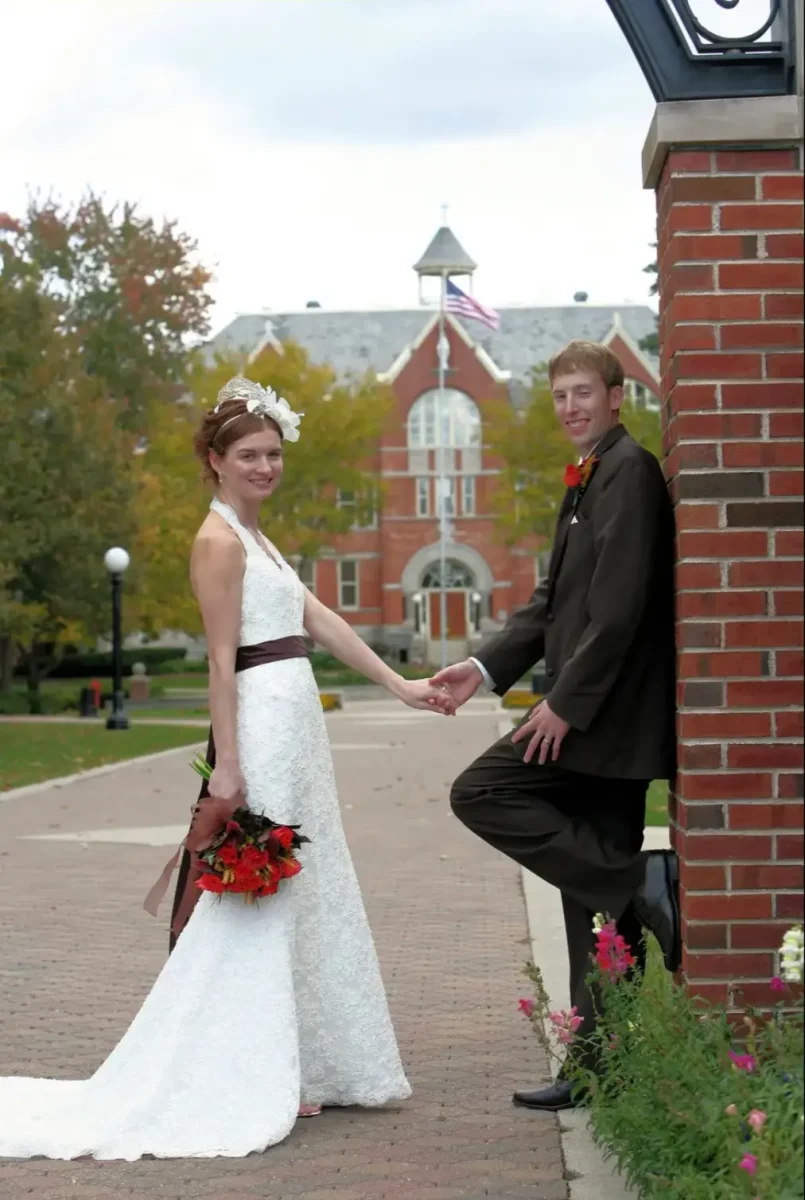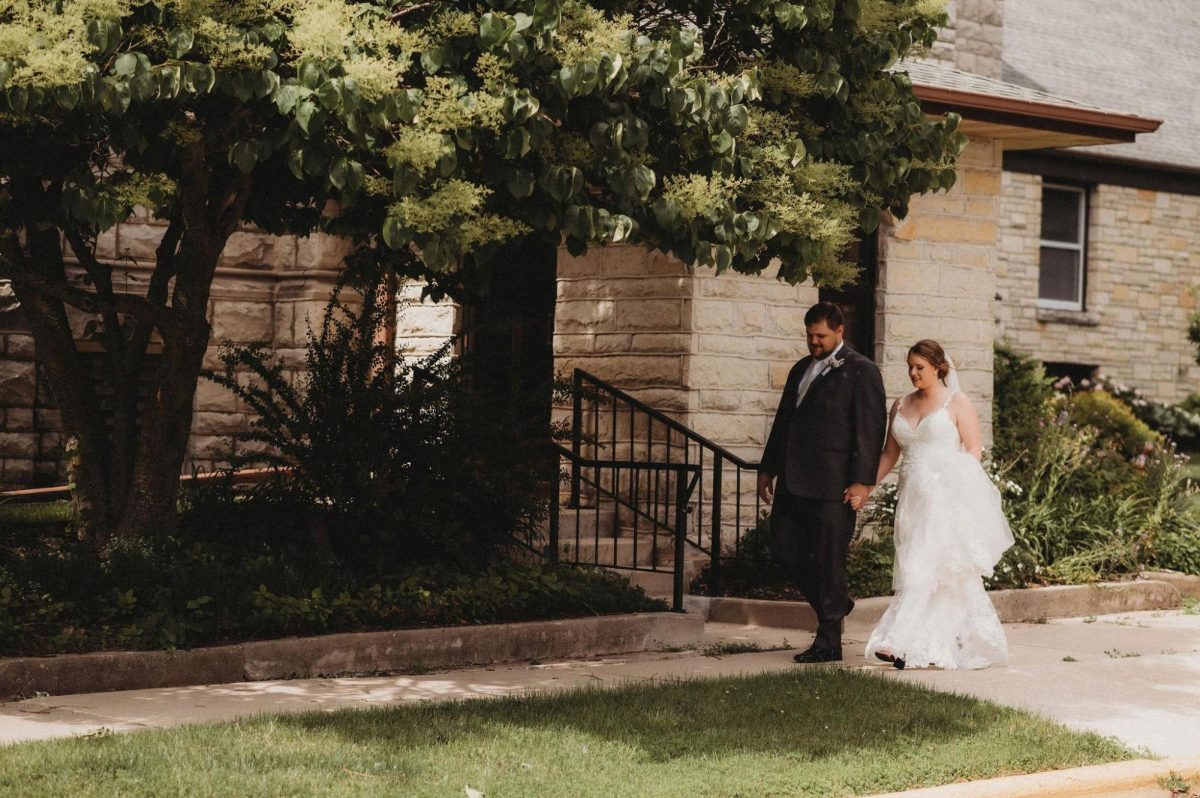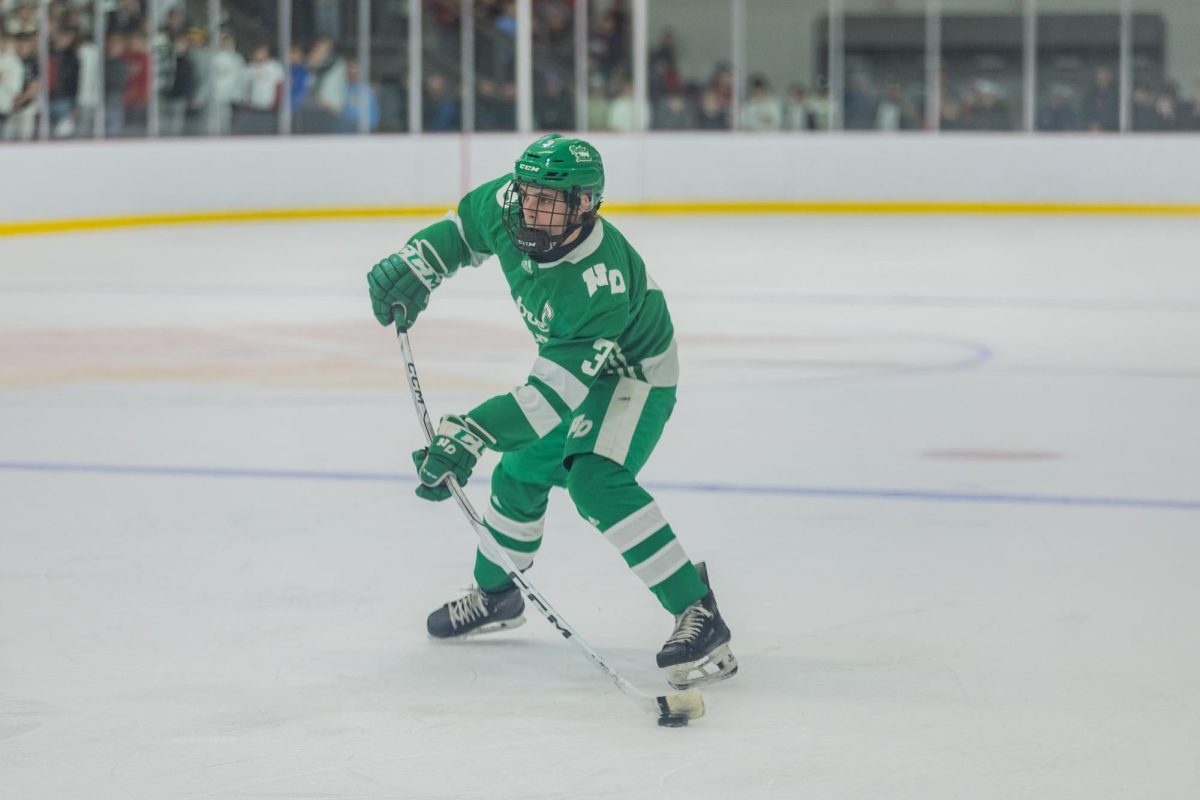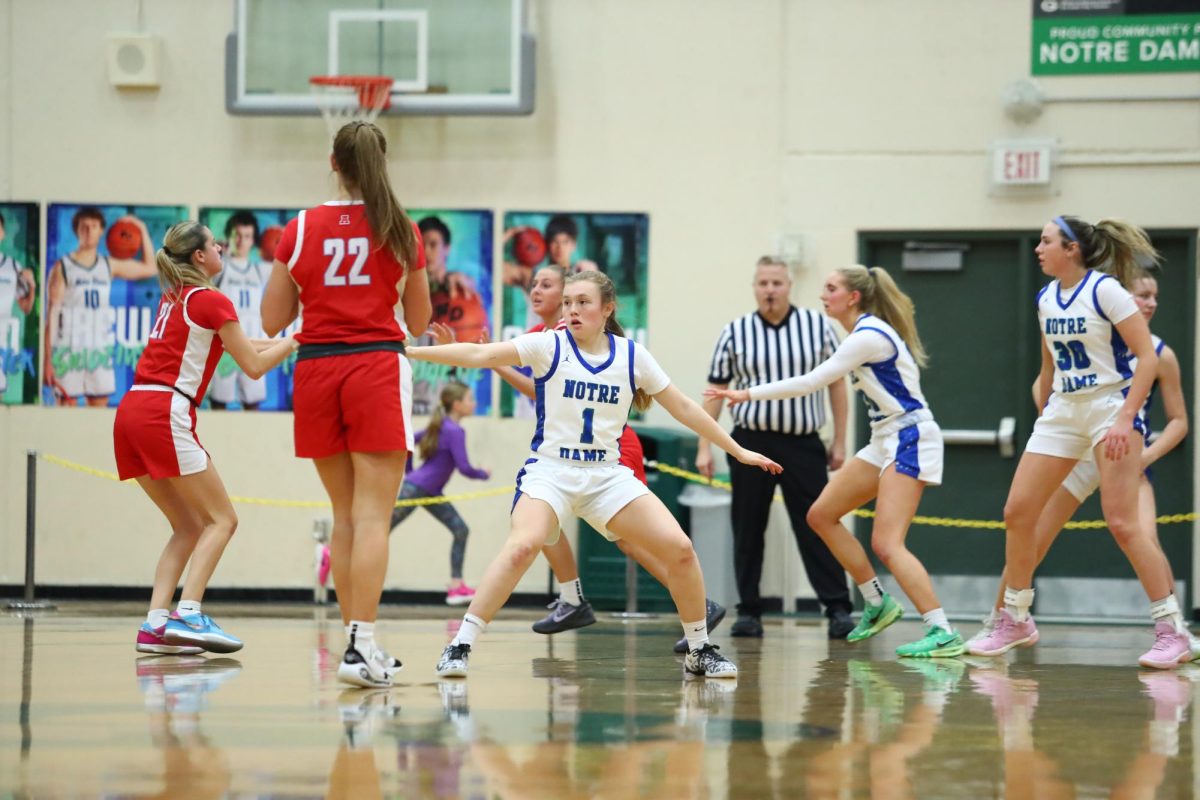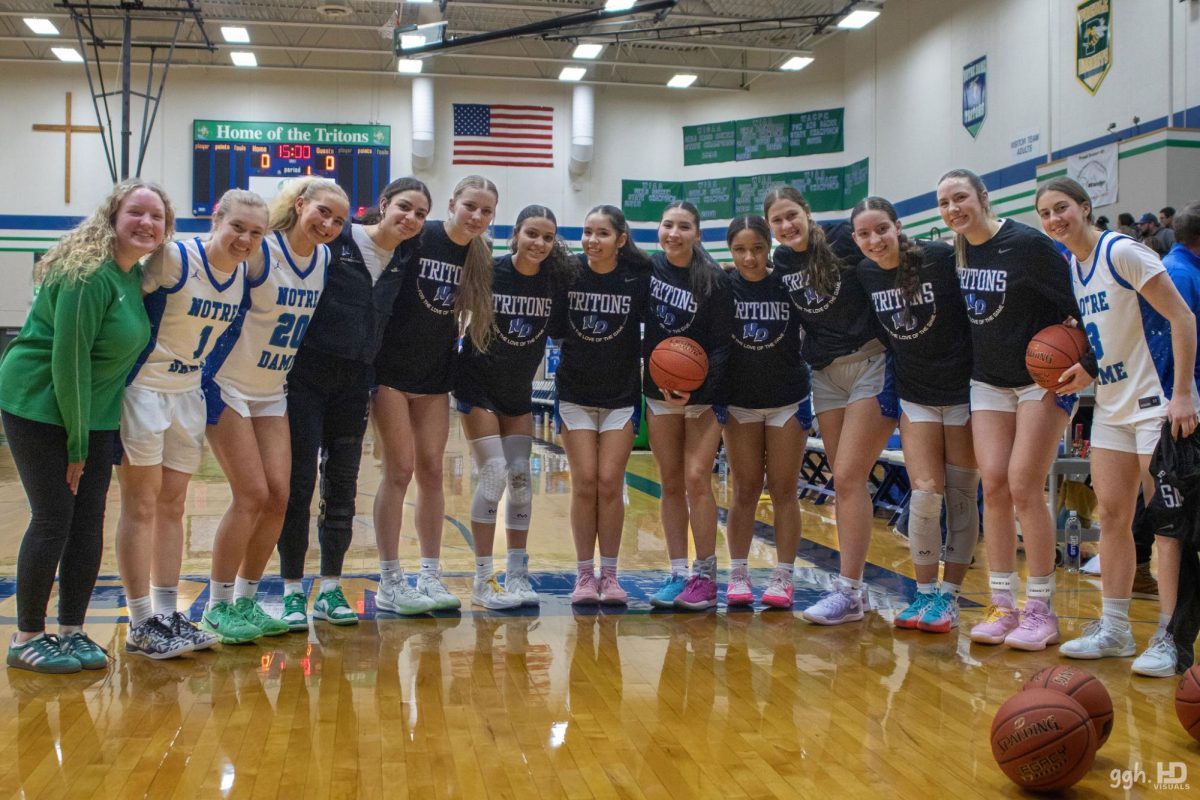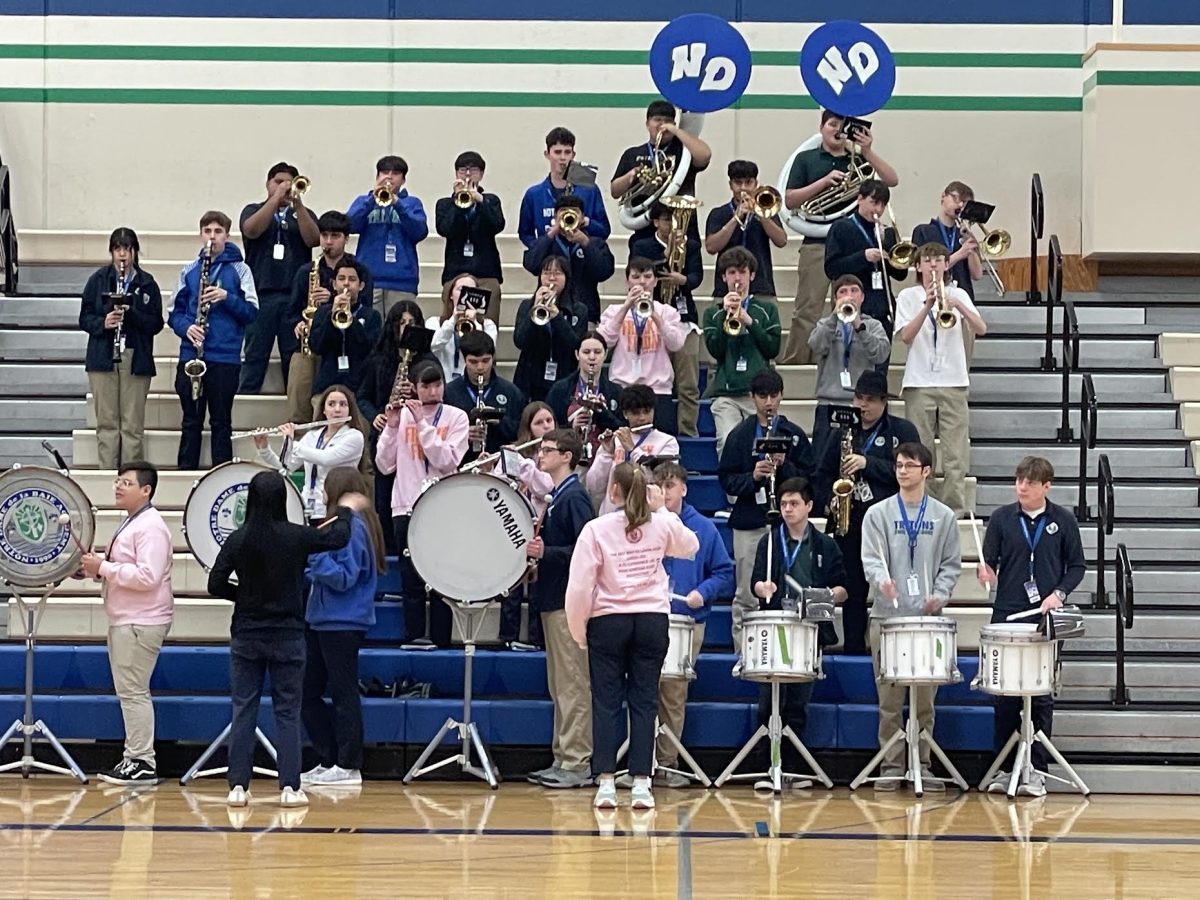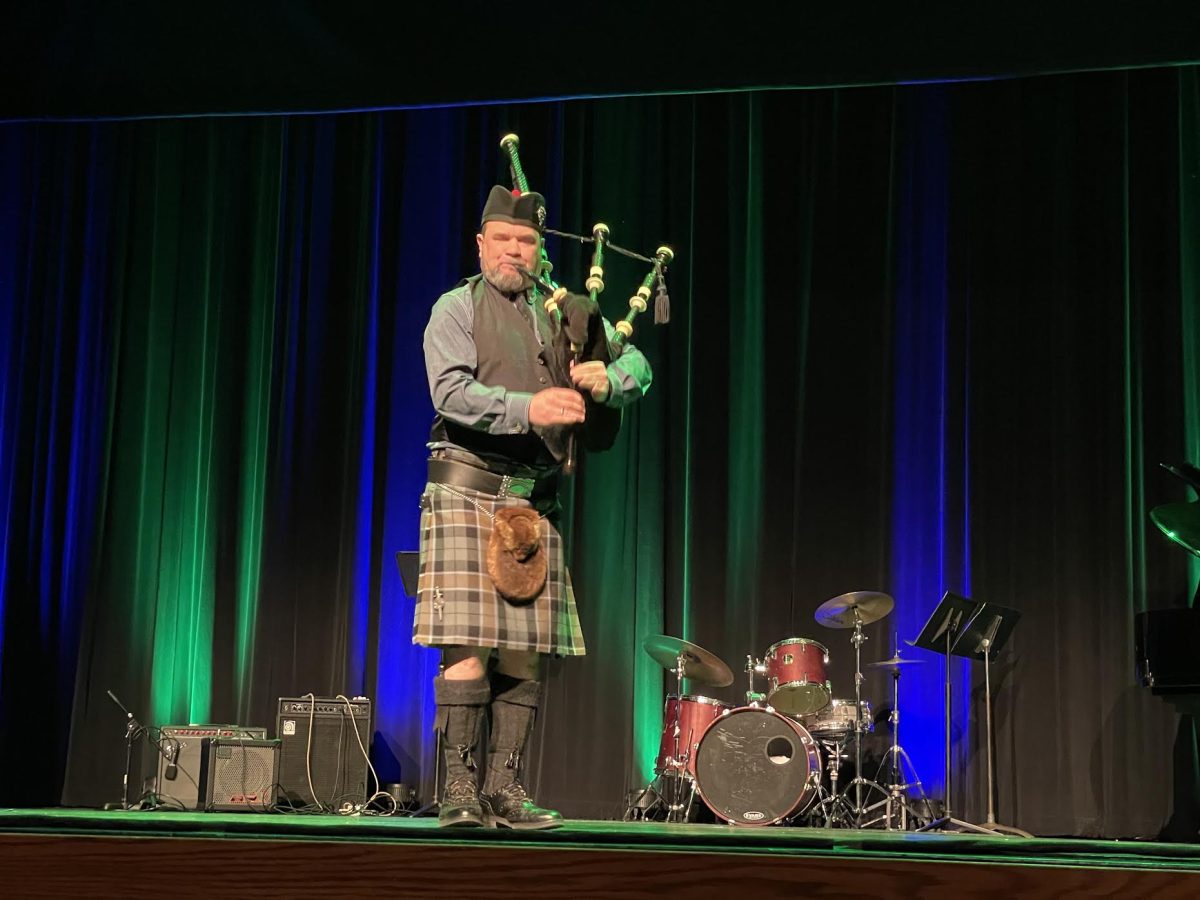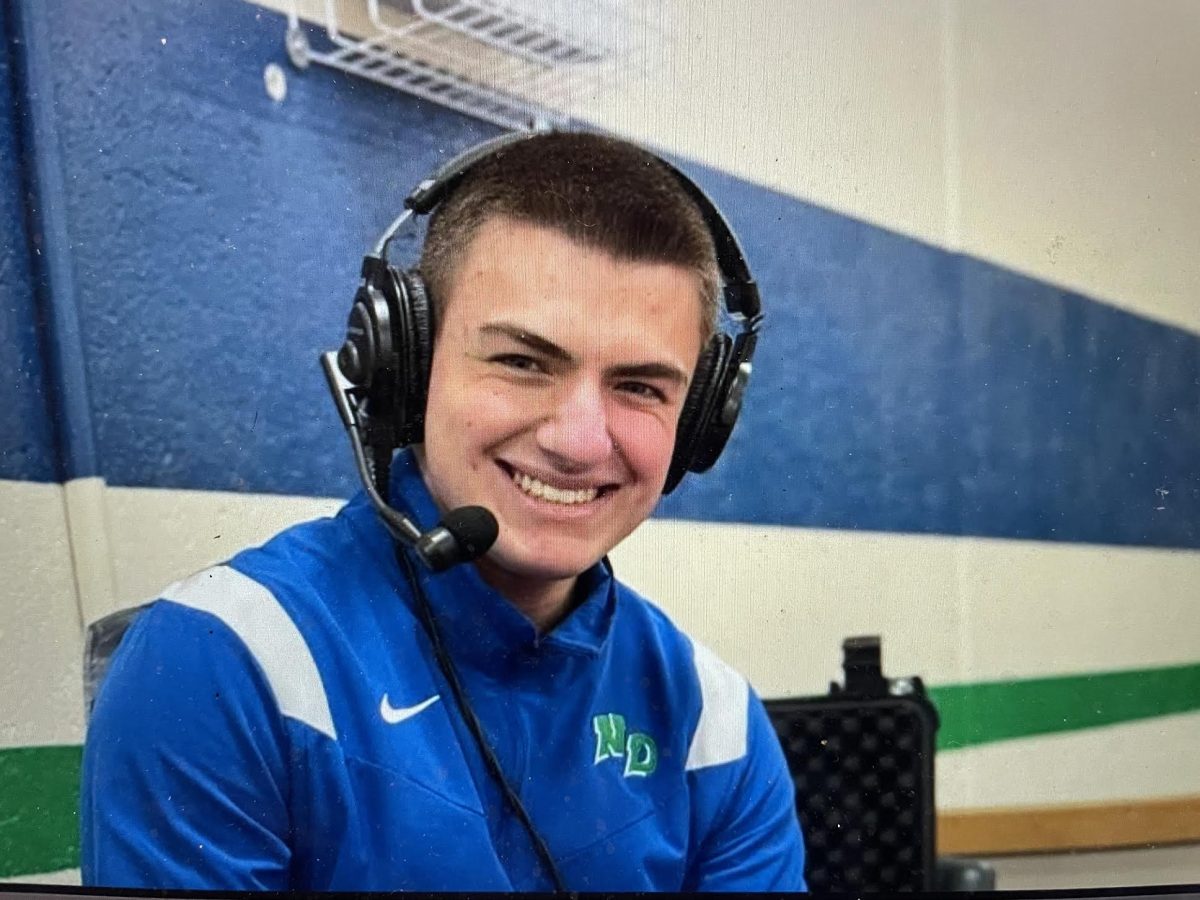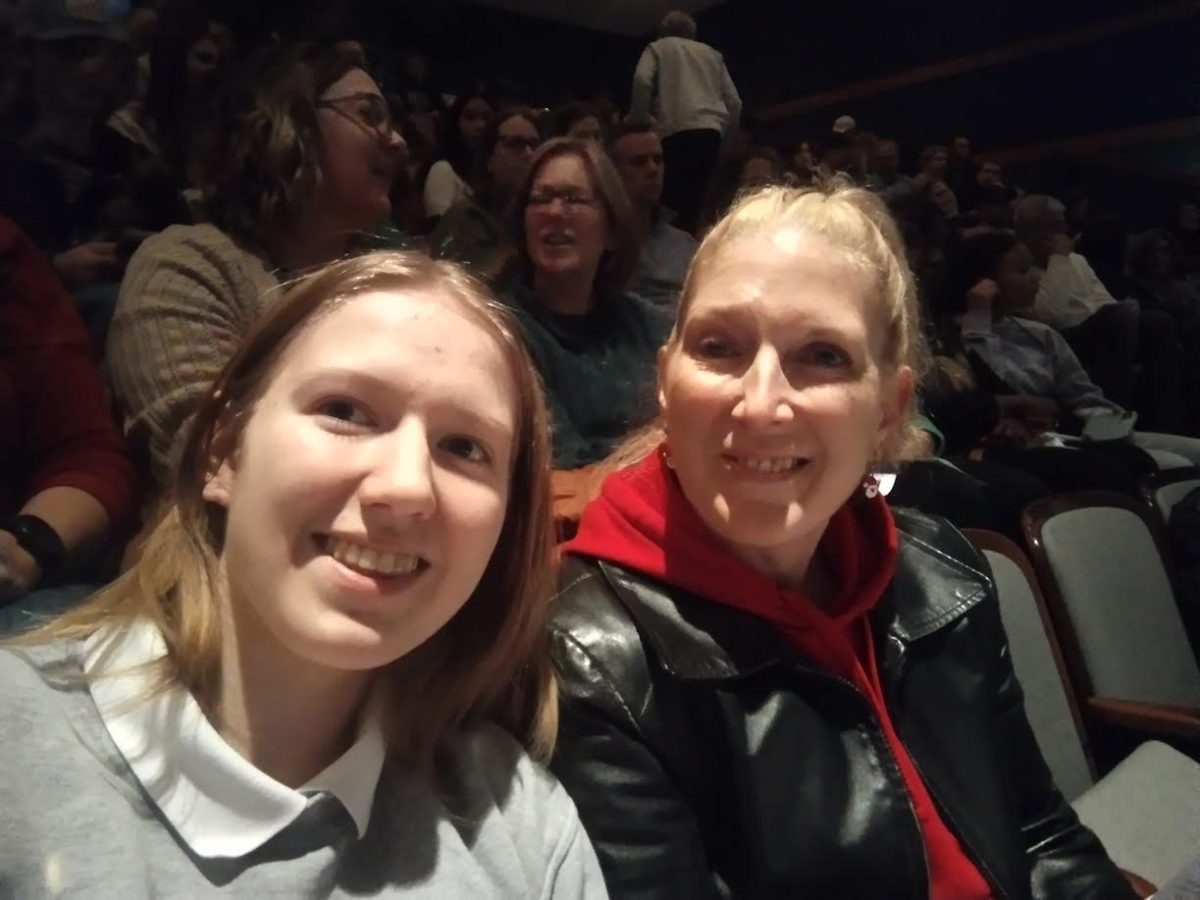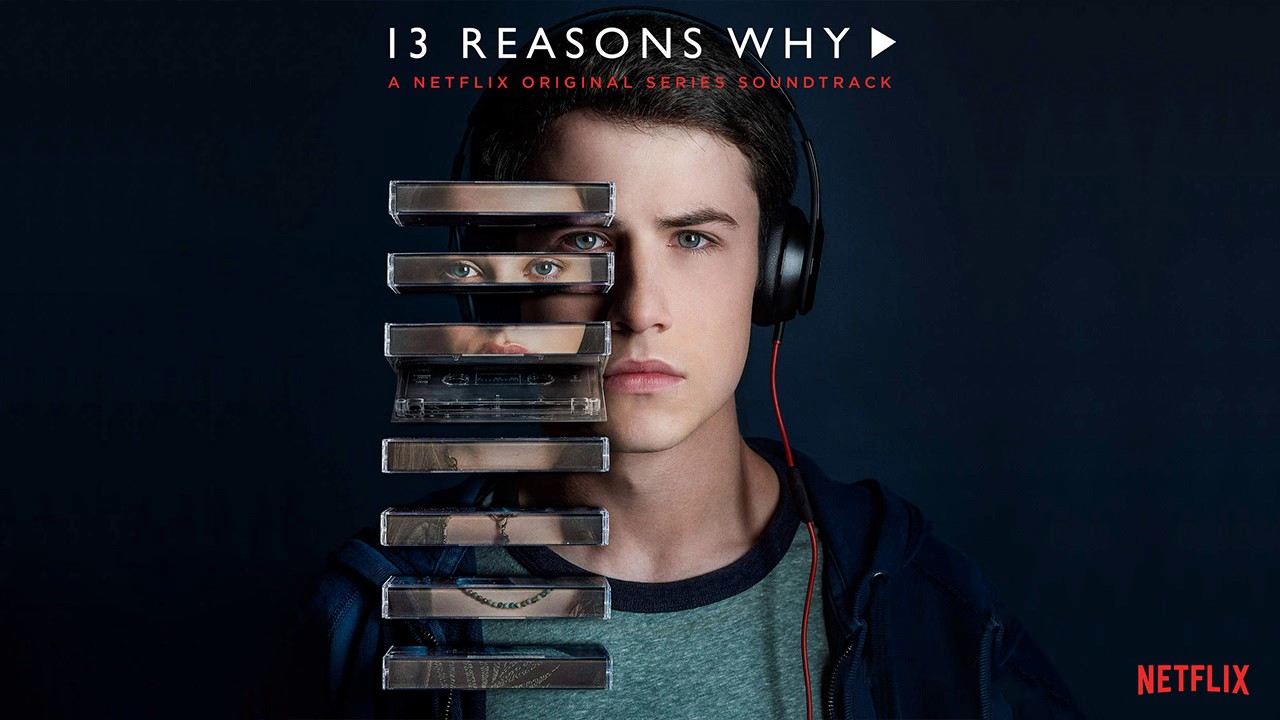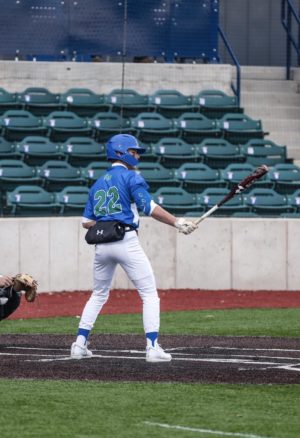Thirteen Reasons Why: Suicide Never the Answer
May 9, 2017
When I was in eighth grade, a friend of mine recommended the book Thirteen Reasons Why. I had seen the book before but never really knew what it was about. I decided to read it.
Thirteen Reasons Why is the brutal, uncensored, raw story of Hannah Baker’s suicide. It follows Clay Jensen as he listens to 13 tapes Hannah made to explain why she committed suicide. Hannah blames 13 people.
I remember reading the book late at night and crying, feeling for all of the characters and what they were going through. I was crying for Hannah Baker’s death, and she wasn’t even real.
The Netflix series added a new depth and perspective to the issue. On the surface, it’s horrible. It shows not one, but two characters being sexually assaulted. It also shows Hannah committing suicide, but digging into the series, there is so much more to it than the brutality.
First thing it shows is the chain reaction of what one person says spiraling down to something so much bigger. The first side of the first tape is about a boy who kissed Hannah but told everyone they had sex. This leads to boys thinking she’s “easy.” It leads to people objectifying her. It leads to people thinking she’s worth less than she actually is. Ultimately, this leads to Hannah thinking she is worthless.
Second thing it shows is that suicide is permanent, and even if someone wants to use it “for attention,” it really doesn’t do much because you’re not here to experience it. The original ending of the book was that Hannah survived. The script writers decided to not have her survive to show viewers that this choice is a permanent one. Showing Hannah’s suicide was a tricky decision. On one hand, it could possibly trigger people who have gone through depression or are currently going through it, but on the other hand, it showed the ugly truth about suicide: it isn’t pretty. Many shows and movies romanticize suicide, but Thirteen Reasons Why showed the brutal truth about it. It’s hard to get this point across, and sometimes the only way to do so is by showing it.
The last episode is the hardest because you see Hannah’s suicide. Also in the last episode, Alex, a character on the tapes, attempts to commit suicide. While we were watching everyone else miss Hannah’s signs of a potential suicide, we were missing Alex’s. It shows viewers to open their eyes and look out for these signs.
Besides the point of suicide, the series shows the perspective of an unreliable narrator. Hannah is saying all these things on the tape that, at first, Clay thinks is all true. After talking to some of the other people on the tapes, he learns that not everything Hannah says is correct. We see the characters struggle because they don’t want their secrets out. Even if some of them may be lies, we’ve already seen that one or two lies could potentially spiral into someone’s suicide.
After both of the sexual assaults, neither of the teens affected went to get help. Clay had a big problem with this and just wanted Jess, one of the girls who was assaulted, to say something. She couldn’t do it. This is a big thing with sexual assaults. So many of them go unreported because victims are scared to speak out. They’re scared that it will make the situation worse, or no one will believe them. At the end of the series, Jess begins to tell her dad what happened.
The whole series had me in tears. If I was crying at a book and show, how would I react if someone in my own life committed suicide?
While watching this show, viewers need to remember a few things.
- Suicide is permanent.
- Imagine the people it will affect. Even if you feel you have no one, the average suicide greatly impacts about six people. There is always someone who cares about you.
- It is not pretty. It is painful, and it isn’t worth it.
- Get help. If you are going through similar things that Hannah went through, go get help. Talk to an adult you trust.
- There are more options. Every option is better than suicide. Try a new hobby. Talk to someone you love. Find something that makes you happy.
- Watch out for warning signs. In the show, Hannah shuts off from Clay and her parents, and she greatly changes her appearance. These are both signs of a potential suicide.
Thirteen Reasons Why can teach viewers a lot of things about watching what we say and warning signs of a suicide, but most importantly, it shows us that suicide is not the answer. It never should be. It never will be.









